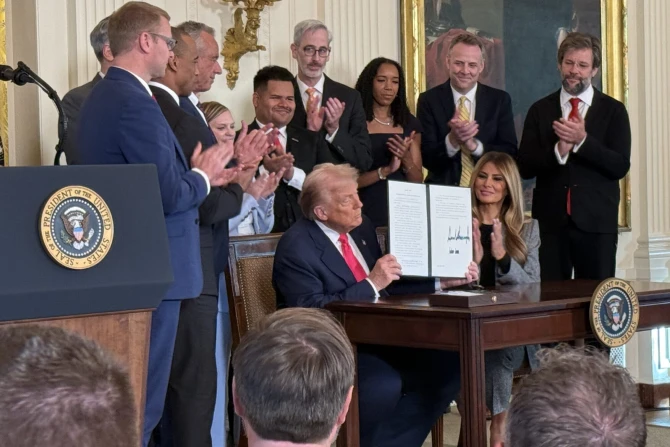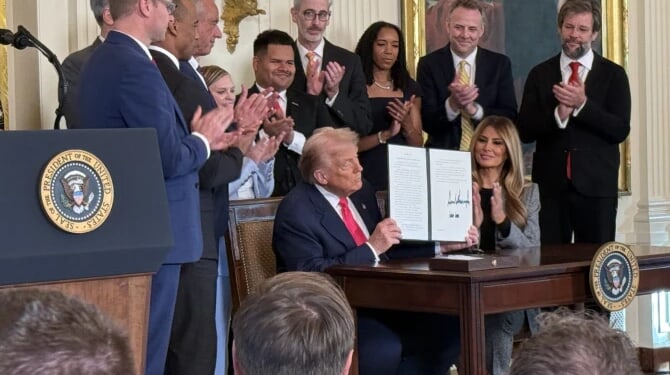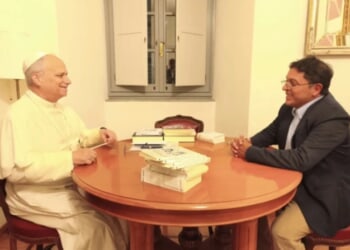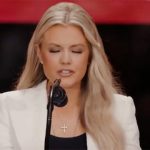
CNA Staff, Nov 15, 2025 / 10:00 am
U.S. President Donald Trump signed an executive order Thursday that aims to improve the nation’s foster care system, including the modernization of the current child welfare system, the development of partnerships with private sector organizations, and prioritizing the participation of those with sincerely held religious beliefs.
The executive order issued Nov. 13 states that the Trump administration is “dedicated to empowering mothers and fathers to raise their children in safe and loving homes.”
The order says current problems with the foster care system include overworked caseworkers, antiquated information systems, and policies that “prohibit qualified families from serving children in need as foster and adoptive parents because of their sincerely-held religious beliefs or adherence to basic biological truths.”
The legal group Alliance Defending Freedom (ADF) has represented Christian families who were barred from serving as foster parents because of their faith, suing on behalf of Brian and Katy Wuoti and Bryan and Rebecca Gantt after the Vermont Department for Children and Families informed the two families that their belief that persons cannot change biological sex and that marriage is only between a man and a woman precluded them from serving as foster parents in the state.
Despite describing the Wuotis and the Gantts as “amazing,” “wonderful,” and “welcoming,” state officials revoked the couples’ foster care licenses after they expressed those beliefs. The state said these beliefs made them “unqualified” to parent any child, regardless of the child’s age, beliefs, or identity.
ADF Senior Counsel Johannes Widmalm-Delphonse, who represents the Wuotis, Gantts, and other Christian families who are prohibited from fostering in lawsuits in Massachusetts, Oregon, Vermont, and Washington, told CNA that he hopes the executive order will lead to the states “prioritizing the best interests of children rather than ideological agendas.”
In the face of shortages of foster families, he said the states should be “pursuing a big tent, welcoming as many loving families as possible. But they’re doing the opposite while children who need foster care are sleeping in unlicensed group homes, police stations, and hospitals.”
Trump’s executive order directs the department of Health and Human Services, the White House Faith Office, and the Office of Intergovernmental Affairs to “take appropriate action to address state and local policies and practices that inappropriately prohibit participation in federally-funded child-welfare programs by qualified individuals or organizations based upon their sincerely-held religious beliefs or moral convictions.”
It also directs those agencies to “increase partnerships between agencies and faith-based organizations and houses of worship to serve families” involved with the foster care system.
Widmalm-Delphonse told CNA it is “difficult to say how the states will respond” to the executive order, indicating that he hopes either the order or the pending lawsuits will lead to changes in their “discriminatory” policies against families of faith.
“The path the states should take is obvious: It’s a win-win when you open up foster care to people of faith and put the interests of children first,” he said.
If you value the news and views Catholic World Report provides, please consider donating to support our efforts. Your contribution will help us continue to make CWR available to all readers worldwide for free, without a subscription. Thank you for your generosity!
Click here for more information on donating to CWR. Click here to sign up for our newsletter.












